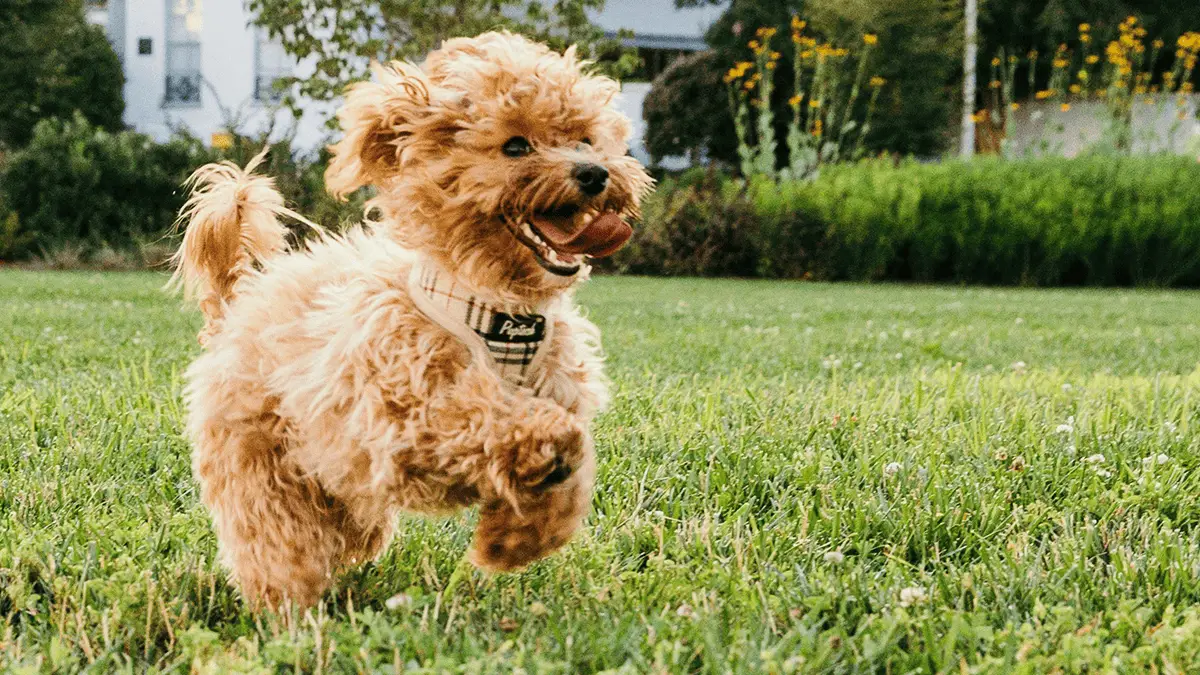There’s no better way to ruin relationships with your neighbors than to leave your dog’s dropping on their property. Nobody wants to step in dog poop. It’s smelly and unsightly. And for dogs with a coprophagia habit, it’s a tempting snack. It’s common courtesy to stoop and scoop.

You might think dog poop is great fertilizer for your lawn. Or perhaps you think if wild animals can do it, so can your dog. Neither are true. In fact, dog waste is a dangerous source of contamination whether you’re in the city or the wilderness. That’s because when dog poo is left on the ground, it’s washed away by rainwater. In nature, that tainted water makes its way into streams, rivers, and lakes. In town, the water enters the storm drain where it’ll eventually flow into local bodies of water.
Dog Poop Contains Excess Nutrients and Pathogens
So why does it matter if dog poop makes its way into waterways? Well, dog feces contain the nutrients nitrogen and phosphorus. And as dogs in the United States produce millions of tons of poop each year, those nutrients are far more than the water system can handle. This imbalance leads to the overgrowth of algae and weeds, making those bodies of water cloudy and unsuitable for animal or human use.
Cleaning up after your dog also prevents pathogens from entering the water system. Dog poo can contain disease causing parasites like Giardia or worms, as well as bacteria like salmonella or E. coli. Even feces from symptom-free dogs can be contaminated. If these pathogens enter the water supply, they put human health at risk. It’s beneficial to everybody if you pick it up and dispose of it properly.


